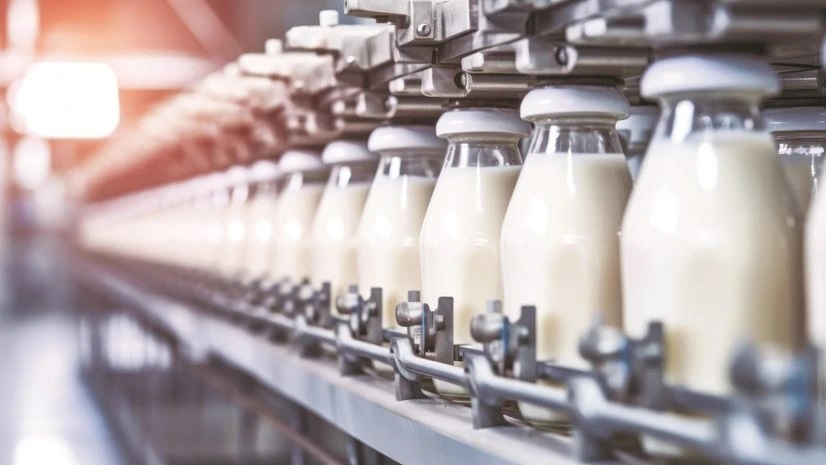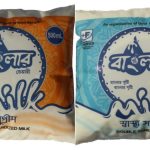
Israeli startup Remilk launches “animal-free dairy” in supermarkets, challenging traditional producers using precision fermentation technology.
The global dairy industry is on the cusp of a revolutionary transformation with the advent of lab-grown milk, often termed “animal-free dairy,” which contains actual milk proteins identical to those in cow’s milk but is produced without involving animals. Unlike traditional plant-based alternatives like oat or almond milk, this product is fundamentally “real” dairy, a result of advanced biotechnological processes. This seismic shift is pioneered by food-tech companies like Israeli startup Remilk, which is poised to launch its cow-free milk in Israeli supermarkets early next year through a partnership with Gad Dairies.
The production of animal-free dairy is primarily achieved via precision fermentation. This method involves inserting milk-producing genes into microbes, such as yeast, which then secrete the desired casein and whey proteins when fed sugar in bioreactors. The resulting proteins are then blended with fats and carbohydrates to create a milk product that is claimed to taste, look, and behave identically to the conventional equivalent—frothing for coffee or used to make cheese—but without the environmental costs or ethical concerns of traditional farming.
From a nutritional standpoint, lab-grown milk is engineered to be nutritionally identical to conventional milk, featuring the same proteins, carbohydrates, and fats, including all nine essential amino acids. Importantly, the controlled production environment allows manufacturers to easily customize the product, for instance, by removing lactose or precisely tweaking the fat content. Remilk’s initial offering, branded New Milk, will be lactose-free and cholesterol-free, and produced without antibiotics or hormones, with founders suggesting the price will be comparable to existing milk alternatives.
Despite the promise of real dairy nutrition with a reduced environmental footprint, the nascent industry faces significant hurdles. The most immediate challenge is cost, as producing milk proteins in bioreactors is currently expensive due to the lack of large-scale manufacturing facilities. Regulatory frameworks are also evolving; since the product contains the same proteins as cow’s milk, it must carry allergen warnings. Furthermore, convincing the public to accept and adopt “lab milk” requires a sustained effort in building consumer trust, transparency, and education.
Internationally, Israel has emerged as a leader in lab-grown dairy innovation, with Remilk and Imagindairy driving the “post-cow era.” The US Food and Drug Administration (FDA) has already approved several lab-grown dairy proteins, and companies like Brown Foods are active in the space. Even India, one of the world’s largest dairy producers, has seen startups like Zero Cow Factory and Phyx44 entering the precision fermentation market, though they face challenges from strong cultural attachment to traditional milk and still-unclear regulations from the FSSAI.
Source: Find the complete report on the science and market impact of lab-grown milk on Business Standard.
You can now read the most important #news on #eDairyNews #Whatsapp channels!!!
🇮🇳 eDairy News ÍNDIA: https://whatsapp.com/channel/0029VaPidCcGpLHImBQk6x1F

















